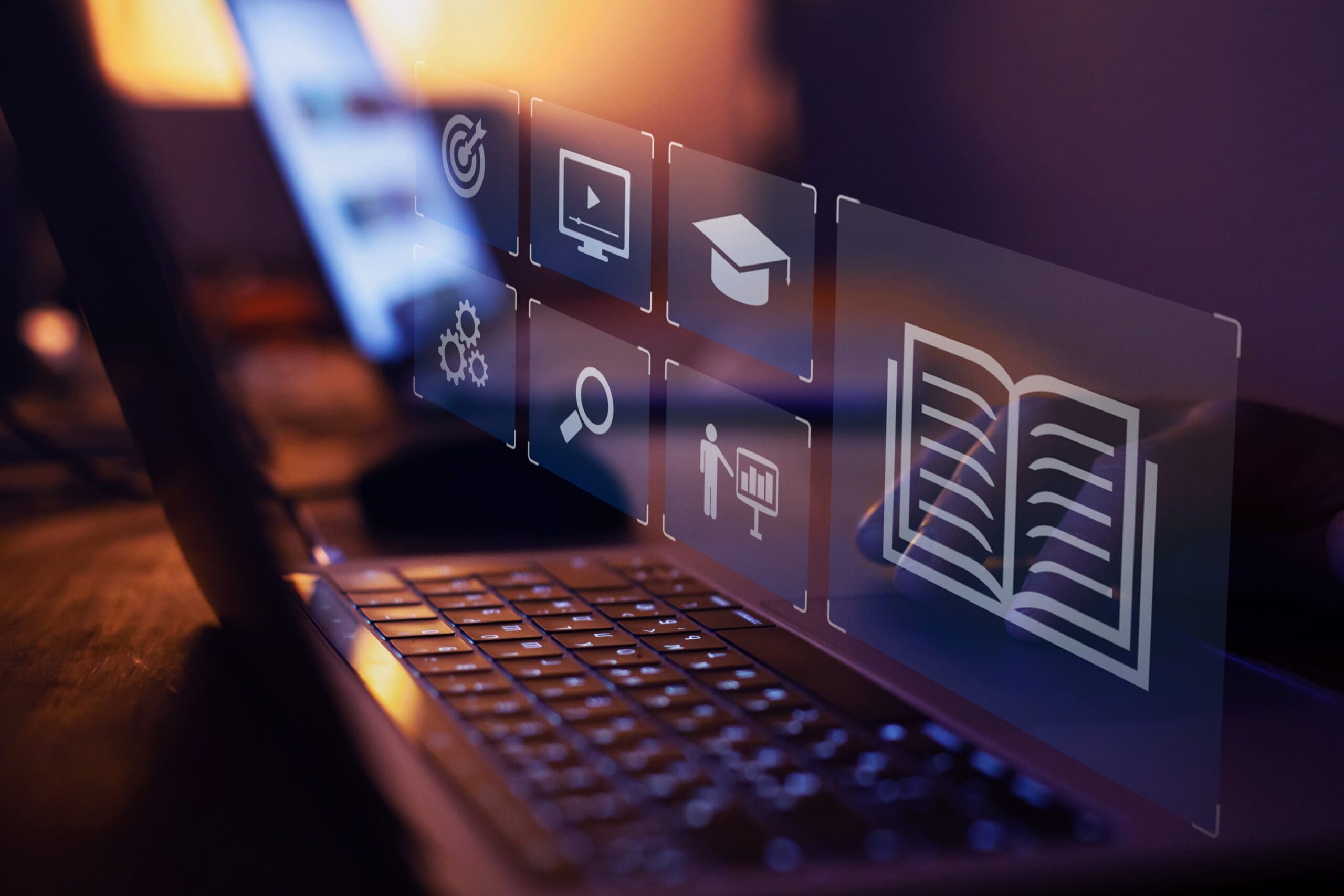In recent years, the higher education landscape has experienced seismic shifts, propelling universities to embrace innovation like never before. Among the most significant changes is the rapid adoption of remote learning technologies, particularly in online Master’s programs.
As a prospective student, industry professional, or academic administrator, understanding these advancements is crucial for making informed decisions. This article delves into the various ways online Master’s programs are adapting to leverage the full potential of remote learning technologies.
Interactive Platforms for Dynamic Learning
Online Master’s programs are no longer confined to simple video lectures and multiple-choice quizzes. The latest remote learning technologies involve interactive platforms that encourage active student participation.
Whether it’s through real-time video conferencing, collaborative assignments, or interactive simulations, these platforms aim to replicate the traditional classroom experience as closely as possible. Tools like Zoom, Microsoft Teams, and specialized Learning Management Systems (LMS) have become essential components of virtual learning environments.
AI-Driven Personalization
One of the key trends shaping the future of online Master’s programs is the adoption of Artificial Intelligence (AI). With the help of AI algorithms, educational content can be personalized to meet the specific needs and learning styles of individual students.
For instance, adaptive learning technologies can track student performance and recommend additional resources or exercises to improve areas of weakness. This creates a highly personalized learning journey, making online Master’s programs increasingly effective and engaging.
Enhanced Assessment Techniques
Remote learning technologies have also revolutionized assessment techniques in online Master’s programs. Traditional methods like written exams are increasingly being replaced by digital portfolios, peer assessments, and even gamified challenges. Such innovative assessment methods not only evaluate a student’s knowledge but also critical thinking, collaboration, and other essential skills often overlooked in standard testing environments.
Virtual Laboratories and Fieldwork
Practical skills are indispensable, particularly for Master’s programs in science, engineering, and healthcare. Virtual laboratories and simulation software are filling the gap left by the absence of physical labs. These remote technologies allow students to perform experiments, analyze results, and even conduct fieldwork from the comfort of their homes. Virtual reality (VR) is an emerging tool in this context, offering immersive experiences that closely mimic real-world scenarios.
Building Community Through Technology
Social interaction is a vital aspect of any educational experience, and online Master’s programs are striving to recreate this in a virtual setting. From discussion boards and social media groups to virtual meetups and networking events, remote learning technologies are being harnessed to foster a sense of community among students and faculty alike.
Streamlined Administrative Processes
Last but not least, remote learning technologies have streamlined various administrative processes that are part and parcel of higher education. Enrollment, payment of fees, course selection, and academic tracking have all been simplified thanks to advancements in technology, making it easier for students to focus on what truly matters – their education.
Adapting To Remote
The adaptation of remote learning technologies in online Master’s programs represents a leap forward in higher education. From AI-driven personalization and interactive platforms to innovative assessment techniques and virtual labs, these technologies are enriching the learning experience in unprecedented ways.
As these programs continue to evolve, they offer a compelling alternative to traditional forms of higher education, proving that quality education is achievable beyond the four walls of a classroom.





